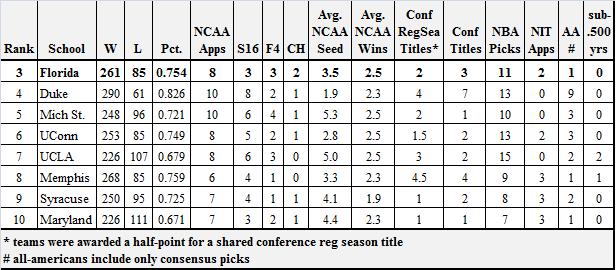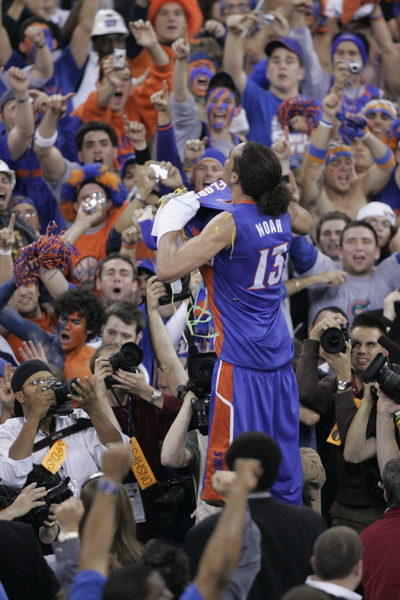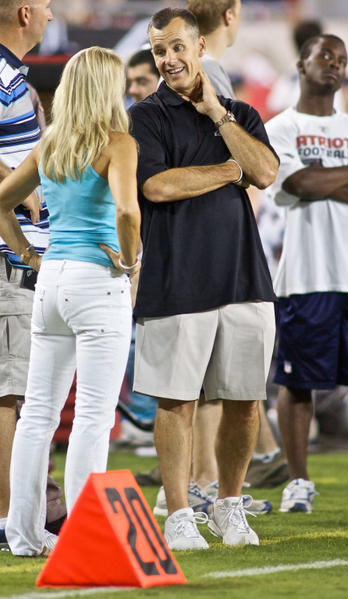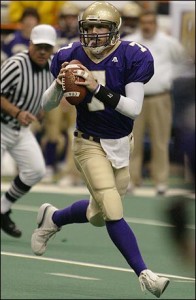RTC 09-10 Class Schedule: Kentucky Wildcats
Posted by zhayes9 on August 22nd, 2009
Ed. Note: for all of the posts in the RTC 09-10 Class Schedule series, click here.
Just a mere five months ago, the once proud and feared Kentucky basketball program was mired in a state of chaos. The Billy Gillispie era at the university turned out about as well as the Harriet Miers Supreme Court nomination. Mystifying losses at storied Rupp Arena to such powers as Gardner-Webb and VMI, puzzling interviews with ESPN’s Jeannine Edwards making the blog rounds and exposing Gillispie as a clown, point guards refusing to enter games, rumors of bar scenes of an inebriated Gillispie making a mockery of his reputation and, worse of all, the Wildcats missing the NCAA Tournament in 2009 only to falter in the NIT. After Gillispie was fired, both parties sued each other and now Gillispie is releasing a book that nobody will read. It’s been a whacky offseason in Big Blue Country, and even though their new savior has some issues of his own, the Kentucky basketball program has experienced an unfathomable turnaround over the summer from the laughing stock of college basketball to a legitimate contender to win a national title.
The hiring of John Calipari and the return of forward Patrick Patterson has rejuvenated Kentucky to the point of being widely considered the favorites in an improving SEC this season. The addition of two top-five recruits- point guard John Wall and power forward DeMarcus Cousins– along with Gillispie’s recruits staying on board and a decent core returning from last season’s squad means expectations are once again sky-high in Lexington. Nobody is thinking about Billy Gillispie but rather the school’s first Final Four berth since the Jeff Sheppard era of 1998.
![4380904013555_John_Calipari[1]](http://rushthecourt.net/wp-content/uploads/2009/08/4380904013555_John_Calipari1.jpg)
Here’s the official schedule for a Kentucky team that may be the most exciting to watch this season in all of college basketball:
Non-Conference Schedule Rank: 7. The non-conference schedule in John Calipari’s first season features some big names and decent tests, but no overwhelmingly challenging road games are included on the slate. The only true road game is a trip to Bloomington in early December to take on a rebuilding Indiana squad that Kentucky should run out of the building. Emotions will be high for both the North Carolina and Louisville visits during the non-conference season. North Carolina has embarrassed Kentucky handily in two previous meetings and the Wildcats will be eager to exact revenge on their rival Cardinals following last season’s Edgar Sosa miracle (not to mention the coaches aren’t exactly best friends). The schedule also includes a trip to Cancun to take on Cinderella Cleveland State and the Stanford/Virginia winner, none of those teams posing close to a threat. One team that could surprise Kentucky is their opponent in the SEC/Big East Invitational in New York: the Connecticut Huskies. UConn did lose a boatload of scoring and rebounding, but Jerome Dyson, Kemba Walker and Stanley Robinson could be enough to hang with Kentucky’s immense talent. At least for a while.
Cupcake City: While Gillispie was prone to the shocking early-season upset, we suspect Calipari will have his team 100% prepared offensively and defensively every single night throughout the campaign. Kentucky has eight games at home against mid-major or low-major competition this season and one visit to Louisville to take on UNC-Asheville. They should sprint through this slate and remain a decent bet to run the table in non-conference play.





























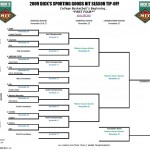

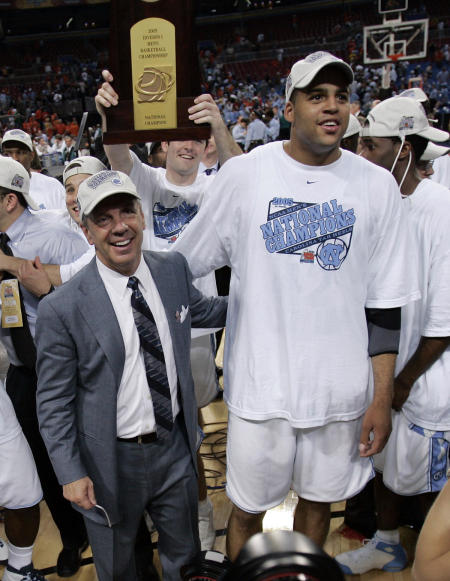
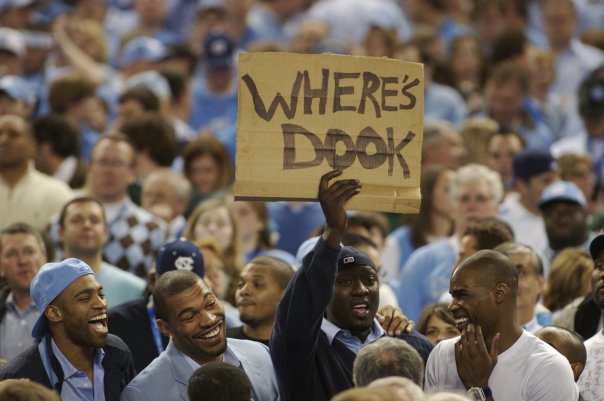
![4390903142044_Ohio_St_v_Michigan_St[1]](http://rushthecourt.net/wp-content/uploads/2009/08/4390903142044_Ohio_St_v_Michigan_St1.jpg)
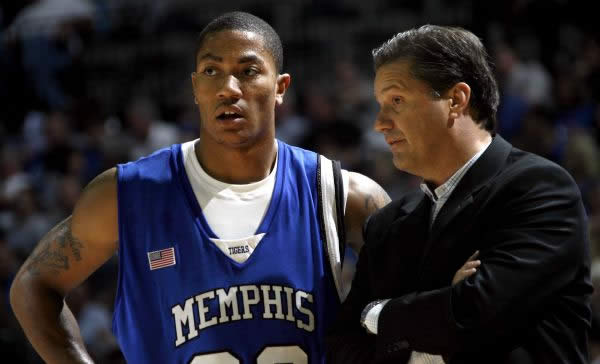
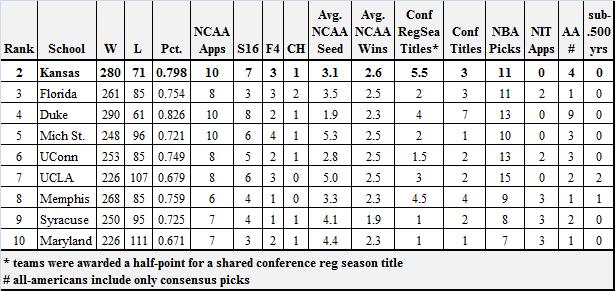

![4884312_Kansas_v_GT[1]](http://rushthecourt.net/wp-content/uploads/2009/08/4884312_Kansas_v_GT1.jpg)

